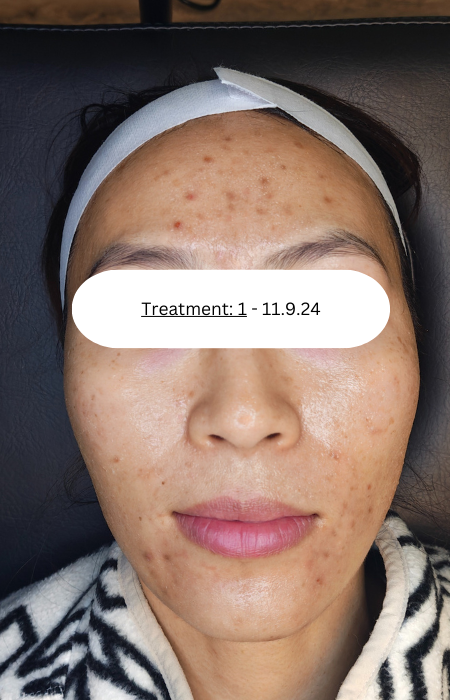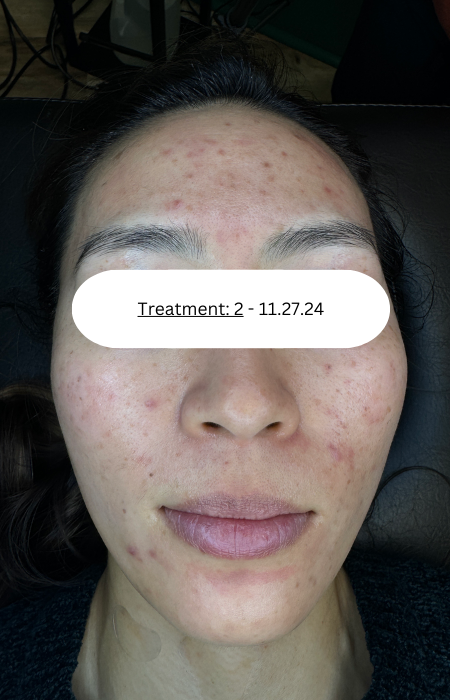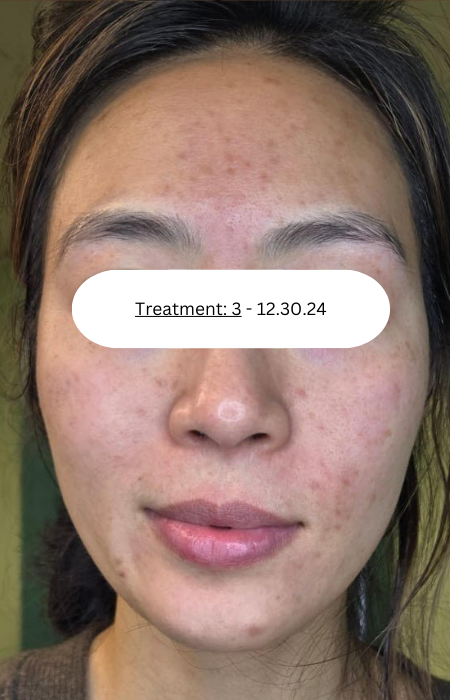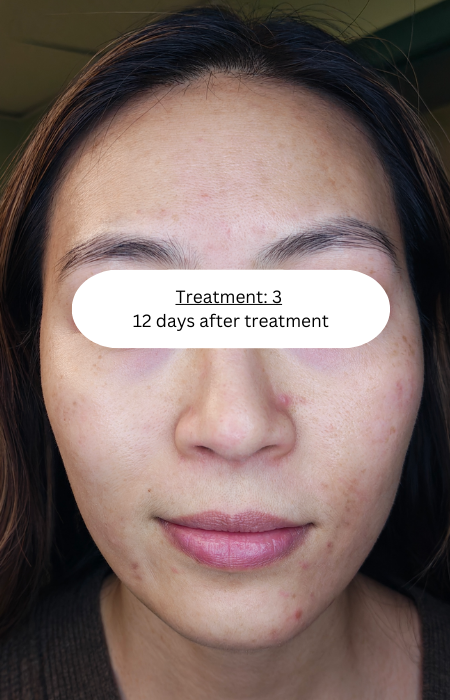
Acne Management Solutions

What is it?
Acne concerns encompass a range of issues, including active breakouts, acne-prone skin, cystic acne, and the scars they can leave behind. Active breakouts are characterized by pimples and inflammation that can be frustrating and painful. Acne-prone skin is more susceptible to frequent flare-ups, requiring careful management to maintain a balanced complexion. Cystic acne is a severe form of acne that results in deep, painful cysts beneath the skin, often leading to significant discomfort and emotional distress. Additionally, the scars left by acne can persist long after the breakouts have healed, impacting skin texture and appearance. Comprehending these issues is vital for effectively managing acne challenges and improving overall skin health.
Key Facts
- Common Skin Condition: Acne affects millions of people worldwide and is most prevalent among teenagers, but it can occur at any age.
- Caused by Clogged Pores: It develops when hair follicles become blocked with oil (sebum), dead skin cells, and bacteria, leading to inflammation.
- Triggers: Hormonal changes, genetics, stress, diet, and certain skincare or cosmetic products can contribute to breakouts.
- Recurrent: Oil glands can become hyperactive leading to multiple breakouts.
- Acne Is Not Just for Teens: While common in adolescents, many adults also experience acne, particularly hormonal acne.
How long does it last? Does it Relapse?
- Even after treatment, acne may return due to factors like hormonal shifts as we age, stress, or comedogenic products.
- A consistent skincare routine, professional treatments, and lifestyle modifications help prevent relapses and maintain clear skin.
- Some people experience persistent acne into their 40s, 50s, or later, especially due to hormonal imbalances.
Is it curable or treatable?
- Acne is Treatable, Not Always Curable: While acne can be effectively managed, some individuals may experience recurring breakouts.
- Mild to Severe Acne: Mild acne often be controlled with topical treatments, good skincare, and lifestyle changes. While severe acne require prescription medications like oral antibiotics or retinoids.
- Complex Severe Acne: Acne that involves multiple cysts that interconnect through multiple parts of the face, leading to painful breakouts that leave scars. These can be well managed through our energy based treatments.
- Professional Treatments Help: Chemical peels, laser therapy, RF microneedling, and facials can reduce acne and improve skin texture.
- Maintenance is Essential: Even after successful treatment, ongoing skincare and preventive measures help prevent relapses.
Before & After




Our treatments
We combine medical and aesthetic expertise to create personalized skincare solutions using advanced laser and energy-based devices.

FAQ
Q: Does diet affect acne?
A: Yes, for some people. High-glycemic foods (like sugary snacks and processed carbs) and dairy products may trigger or worsen acne by increasing inflammation and oil production.
Q: Does acne leave scars, and how can they be treated?
A: Severe or untreated acne can lead to scarring. Treatments like RF microneedling and laser therapy can help reduce the appearance of scars and improve skin texture.
Q: Is acne genetic?
A: Yes, acne has a genetic component. Studies have shown that individuals with a family history of acne are more likely to develop the condition themselves.
Q: Is acne considered a disease?
A: Yes, acne is considered a skin disease, specifically referred to as “acne vulgaris” in medical terms; it is a common condition that affects the hair follicles and oil glands, causing pimples and blemishes to form on the skin, most often on the face, chest, and back. This can range from an inconvenience to a painful disfiguring condition.
Q: Should I pop my acne?
A: If you must pop, wait until the pimple has been around a few days and has developed a white head, indicating there is pus near the surface. Avoid popping new pimples or those that are red or sore.



